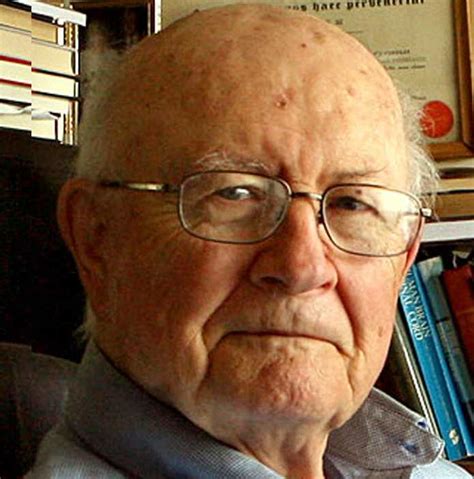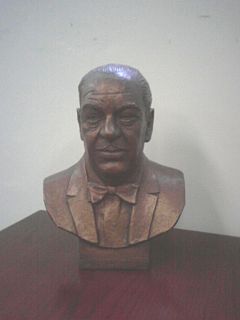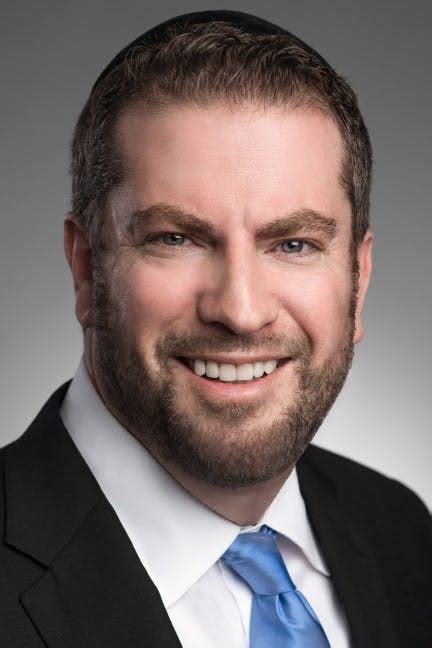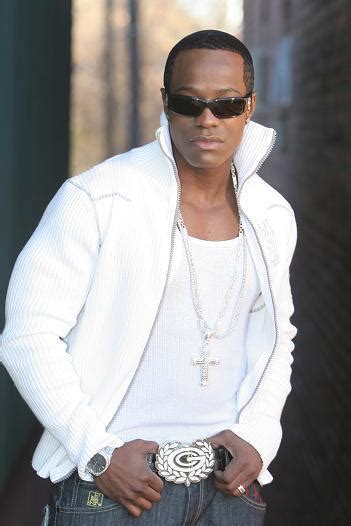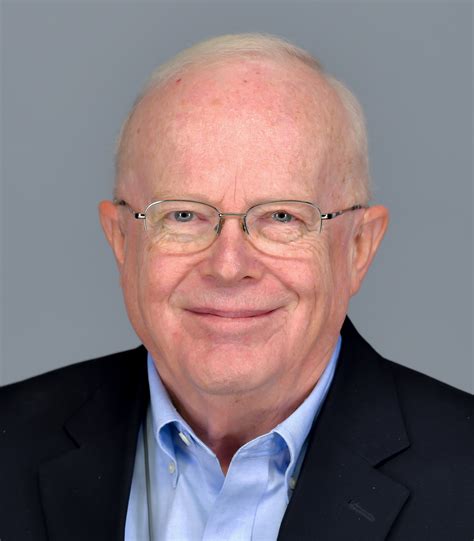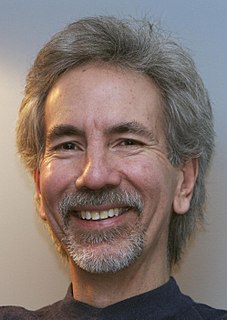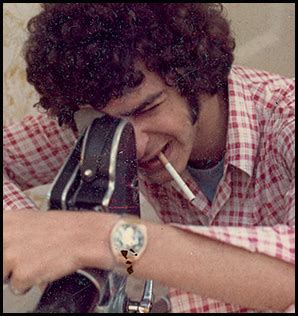A Quote by Robert J. White
Our attitudes, opinions, beliefs and judgments are, simply put, our attitudes, opinions, beliefs and judgments. They are not universal truths.
Related Quotes
Creative power has to filter through our beliefs, attitudes, emotions, and habits. The more negative and constricted our beliefs and patterns are, the more they block the creative energy. Most people hope that by ignoring negativity, it will go away, but the reverse is actually true. Through recognizing, acknowledging, and experiencing it, the blocked energy can be released. You are then free to replace it with positive beliefs and attitudes.
Our negative thoughts are valuable messages to us about our deeper fears and negative attitudes. These usually are so basic to our thinking and feeling that we don't realize they are beliefs at all. We assume that they are simply "the way life is." We may be consciously affirming and visualizing prosperity, but if our unconscious belief is that we don't deserve it, then we won't create it. Once we become aware of our core negative beliefs, they begin to heal.
An extremely important part of our work toward emotional growth and change will come from examining our belief systems regarding all areas of life. To gain the courage to be yourself, you need to address the beliefs that are keeping you stuck where you are. What beliefs, assumptions, and attitudes are you holding onto even though they no longer enhance your life? It is possible to free yourself from worn-out beliefs and acquire ones that bring happiness, strength, and self-esteem. What we believe we may become.
A prejudice may be an unreasoned judgment, he [Hibben] pointed out, but an unreasoned judgment is not necessarily an illogical judgment. ... First, there are those judgments whose verification has simply dropped out of memory. ... The second type of unreasoned judgments we hold is the opinions we adopt from others ... The third class of judgments in Professor Hibben's list comprises those which have subconscious origin. The material that furnishes their support does not reach the focal point of consciousness, but psychology insists upon its existence.
Our decisions need not be seen as resting on procedures that are merely instrumental in making judgments that are reliably truth-tracking. The procedures might be more directly related than that to truths about what is right or good, or about what we ought to do, or to principles that tell us what is true about these matters. And I have no metaphysical theory about the truth-conditions of such truths, except to say that as objective truths, they must be independent of the attitudes, decisions or actions that they are supposed to justify or for which they are to offer reasons.
The Constitution exists precisely so that opinions and judgments, including esthetic and moral judgments about art and literature, can be formed, tested, and expressed. What the Constitution says is that these judgments are for the individual to make, not for the Government to decree, even with the mandate or approval of a majority. Technology expands the capacity to choose; and it denies the potential of this revolution if we assume the Government is best positioned to make these choices for us.
Cross-cultural reality testing forces people to examine both their own and others' understandings of reality. Most people simply assume that the
way they look at things is the way things really are, and judge other cultures' views of reality before understanding them. These judgments are
based on ethnocentrism, which closes the door to further understanding and communication. Furthermore, ethnocentric judgments keep missionaries from examining their own beliefs and values to determine which of them are based on biblical foundations and which on their cultural beliefs.
Our experience of reality is the result of the magical alchemy of the creation of our thoughts, our beliefs, our decisions, our attitudes, our feelings. All of these are, for the most part, unconscious. Mindfulness allows us to watch these thoughts and choices and decisions without being triggered and having to take action and give meaning.
